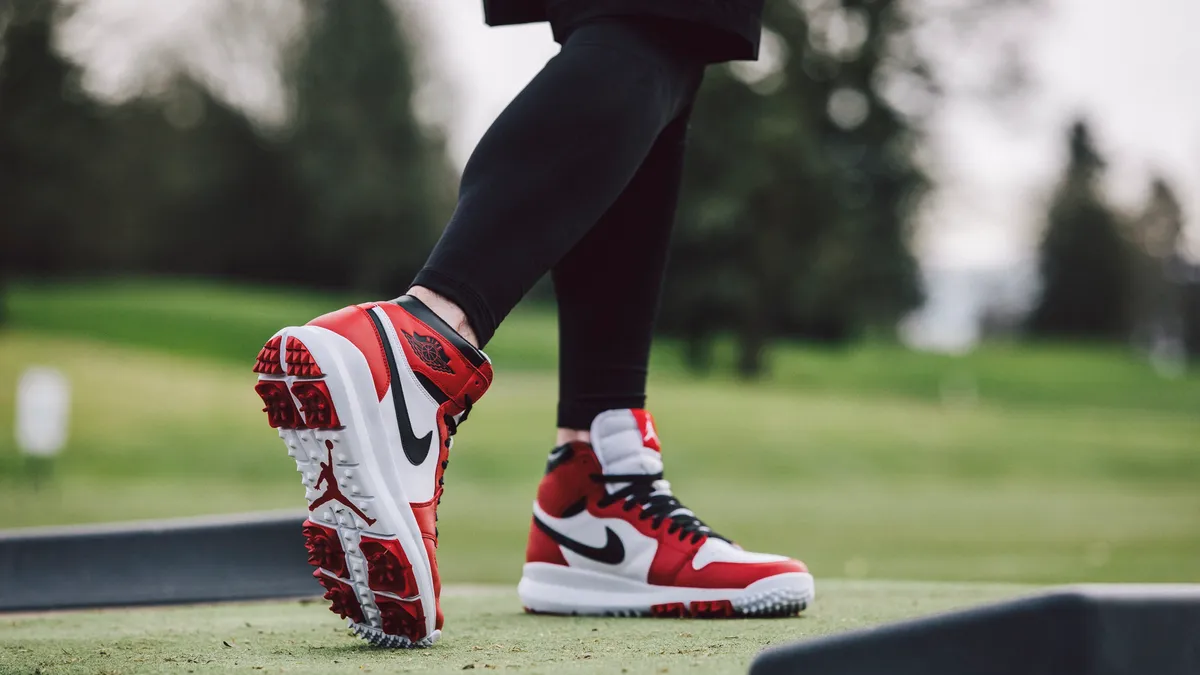Dive Brief:
-
Physical retailers did well over Black Friday, with several stores on the red-letter day seeing strong traffic, and customers encountering smooth experiences and knowledgeable staff in stores, according to a report from retail think tank Fung Global Retail & Technology that was emailed to Retail Dive.
-
The Fung Global teams visited 33 stores across six U.S. markets between Thanksgiving evening and Black Friday this year, including 18 specialty retail stores, seven department stores, six discount stores and two off-price stores.
-
Walmart, Nike and Best Buy had the strongest traffic, which for all retailers was enabled by clear weather on the weekend. Athleisure and consumer electronics were especially strong traffic drivers, with Nike and Lululemon Athletica in particular getting strong traffic, despite limited discounts. Cold weather in the Northeast also helped spur sales of cold weather apparel, according to the report.
Dive Insight:
Teen retailers and even some department stores were busy on Black Friday, according to Fung Global. Forever 21, Hollister and Victoria's Secret seemed to have more customers than last year on Black Friday, the teams found. At Saks Fifth Avenue, traffic appeared to be solid, though they found fewer customers at Macy's, Bloomingdale's and Nordstrom.
Investing in employees also seems to have paid off for retailers. "Overall, customer service seemed greatly improved over last year and retailers seem to have invested in training for temporary staff members this year," according to the report. "Store associates were particularly knowledgeable and helpful at the Walmart, Kate Spade, Victoria's Secret and T.J.Maxx stores we visited. Target equipped its store associates with handheld devices to look up out-of-stock items online for customers. Staff at American Eagle Outfitters contributed to the store's overall positive energy, as did the videos that were playing in the store."
And the service was mostly human, with a boost from various forms of entertainment, according to the Fung Global observers. "The FGRT team saw limited use of retail technology at the stores we visited," they wrote. "Notable applications included Target's use of handheld inventory-checking devices to help customers find what they needed and Abercrombie & Fitch's buy-online, pick-up-in- store service."
In addition to good customer service, retailers used all kinds of entertainment-based methods to convince shoppers to hang around. The Lululemon Athletica store in Manhattan attracted very heavy traffic with live hip-hop music, while the Nike flagship store drew a lengthy line of kids who wanted to play basketball inside. Even Target was there for hungry Black Friday shoppers, providing snacks for customers at the door.
That's quite different from the approach in Asian retail markets during major shopping festivals, like Alibaba's Singles Day, according to the report. During China's big shopping day in November, Fung Global encountered a "significant level of innovation" in stores, including smart mirrors, smart inventory systems and various technologies designed to speed checkout, which were all but absent from this weekend's shopping event in the U.S.
The Fung Global teams evaluated each store experience on a scale of 1–10, based on a weighted average of traffic, promotion level, inventory, "retail-tainment" and use of technology. Big-box discounters as a group scored the highest, while J.C. Penney, Walmart and Ann Taylor scored the highest when compared with their peers, according to the report.
This story is part of our ongoing coverage of the 2017 holiday shopping season. You can browse our holiday page and sign up for our holiday newsletter for more stories.















